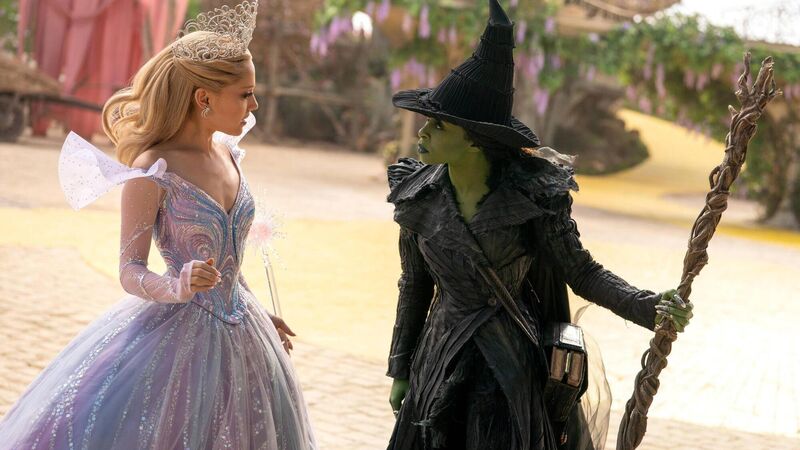The rise of event cinema and how musicals became cool again

Cynthia Erivo as Elphaba and Ariana Grande as Glinda in Wicked: For Good
In November 2024, the film was everywhere.
Its marketing campaign centred on a publicity blitz by its stars Ariana Grande and Cynthia Erivo, and many brand tie-ins.







